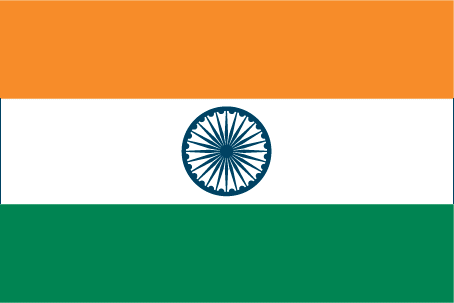Indonesia United States Singapore Philippines India Malaysia China United Kingdom Japan Vietnam Australia Germany South Korea Canada Turkey Hong Kong Russia Netherlands Pakistan Timor-Leste Brazil France Thailand Peru Taiwan Iran South Africa Iraq Bangladesh Czech Republic Mexico Ireland Saudi Arabia Egypt Sweden Nigeria Poland Sri Lanka Italy Ecuador Cambodia Spain United Arab Emirates Finland Algeria Romania Nepal Morocco New Zealand Kenya Greece Colombia Portugal Austria Ukraine Lithuania Jordan Ghana Chile Kazakhstan Israel Ethiopia Denmark Belgium Switzerland Palestinian Territory Tunisia Oman Yemen Argentina Serbia Norway Libya Slovakia Somalia Lebanon Slovenia Myanmar Croatia Estonia Tanzania Bulgaria Hungary Uzbekistan Costa Rica Kuwait Jamaica Syria Brunei Darussalam Zimbabwe Uganda Bahrain Macao Bolivia Mauritius Trinidad and Tobago Rwanda Azerbaijan Luxembourg Panama Albania Qatar Zambia Democratic Republic of the Congo Cote D'Ivoire Latvia Namibia Honduras Kosovo Malawi Belarus Fiji Sudan Guatemala Venezuela Botswana Burkina Faso Maldives Cameroon Barbados El Salvador Mongolia Cuba Niger Tonga Lesotho Aruba Cyprus Kyrgyzstan Georgia Bosnia and Herzegovina Tajikistan Belize Iceland Madagascar Micronesia Nicaragua Afghanistan Uruguay Seychelles Benin Bhutan Dominican Republic Mali Moldova Saint Vincent and the Grenadines Senegal Montenegro Gabon Burundi Gambia Bahamas Paraguay Guam Saint Lucia Guyana South Sudan Angola Papua New Guinea North Macedonia Suriname Armenia Eswatini Mozambique Cayman Islands Guinea Puerto Rico Cabo Verde India Flag Meaning & Details 1,454 VISITORS FROM HERE! India Flag Flag Information three equal horizontal bands of saffron (subdued orange) (top), white, and green, with a blue chakra (24-spoked wheel) centered in the white band saffron represents courage, sacrifice, and the spirit of renunciation white signifies purity and truth green stands for faith and fertility the blue chakra symbolizes the wheel of life in movement and death in stagnation note: similar to the flag of Niger, which has a small orange disk centered in the white band
Learn more about India » CIA - The World Factbook
 Previous Country | Next Country
Previous Country | Next Country  » Back to Flag Counter Overview
» Back to Flag Counter Overview
 Previous Country | Next Country
Previous Country | Next Country  » Back to Flag Counter Overview
» Back to Flag Counter Overview